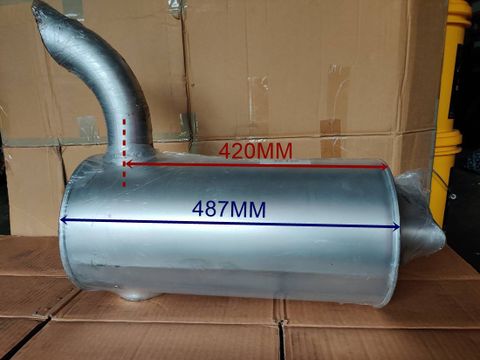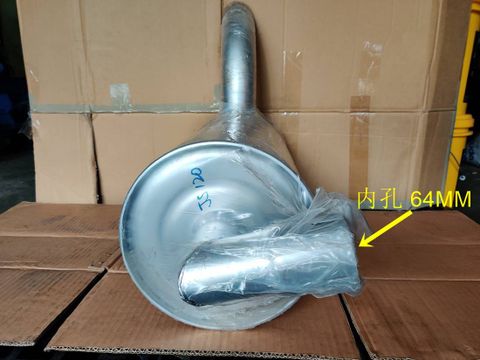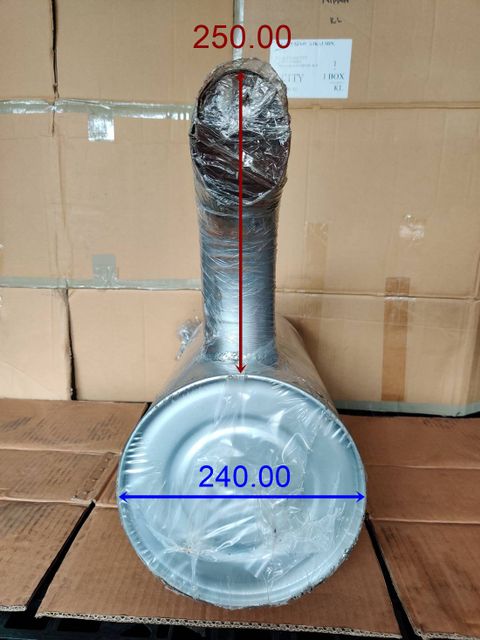HITACHI, KOMATSU MUFFLER
価格:
R.F.Q
Share Product:
詳細
The muffler, a critical component of a vehicle's exhaust system, is designed to reduce noise and control emissions. Problems with the muffler can affect vehicle performance, noise levels, and emissions. Here are some common issues associated with a faulty muffler:
Increased Noise: One of the most noticeable problems with a faulty muffler is increased noise. If the muffler is damaged, rusted, or has holes, it won't be able to dampen the exhaust noise effectively. This can result in a loud, rumbling, or roaring noise from the exhaust, especially during acceleration.
Rust and Corrosion: Mufflers are exposed to high temperatures and harsh environmental conditions, which can lead to rust and corrosion over time. This is particularly common in regions with high humidity or where roads are salted in winter. Rust can weaken the muffler, leading to holes, cracks, and structural failure.
Exhaust Leaks: A damaged muffler can cause exhaust leaks. These leaks can occur at the seams, joints, or in the body of the muffler itself. Exhaust leaks can lead to poor engine performance, reduced fuel efficiency, and increased emissions. Additionally, exhaust gases leaking into the cabin can pose serious health risks due to the presence of harmful pollutants like carbon monoxide.
Poor Engine Performance: The muffler plays a role in maintaining the correct back pressure in the exhaust system. A damaged or faulty muffler can disrupt this balance, leading to poor engine performance. Symptoms can include reduced power, rough idling, and hesitation during acceleration.
Decreased Fuel Efficiency: A malfunctioning muffler can lead to decreased fuel efficiency. If the exhaust system is not functioning correctly, the engine may have to work harder to expel exhaust gases, leading to increased fuel consumption.
Emission Test Failure: Vehicles with faulty mufflers are more likely to fail emissions tests. The muffler helps control the emission of pollutants, and any damage or malfunction can result in higher levels of emissions. This can lead to fines, penalties, or the need for costly repairs to pass inspection.
Rattling or Clunking Noises: Internal damage to the muffler, such as loose or broken baffles, can cause rattling or clunking noises. These noises are usually more noticeable when the vehicle is idling or driving over rough terrain.
Visible Damage: Physical inspection may reveal visible damage to the muffler, such as dents, cracks, or holes. Such damage can be caused by impacts with road debris, curbs, or other obstacles.
In summary, problems with the muffler can lead to increased noise, rust and corrosion, exhaust leaks, poor engine performance, decreased fuel efficiency, emission test failures, rattling or clunking noises, and visible damage. Regular inspection and maintenance of the exhaust system, including the muffler, are essential to ensure optimal vehicle performance, safety, and compliance with emissions regulations.
仕様書
| キーワード | |
| ブランド | |
| 起源 | MY |


